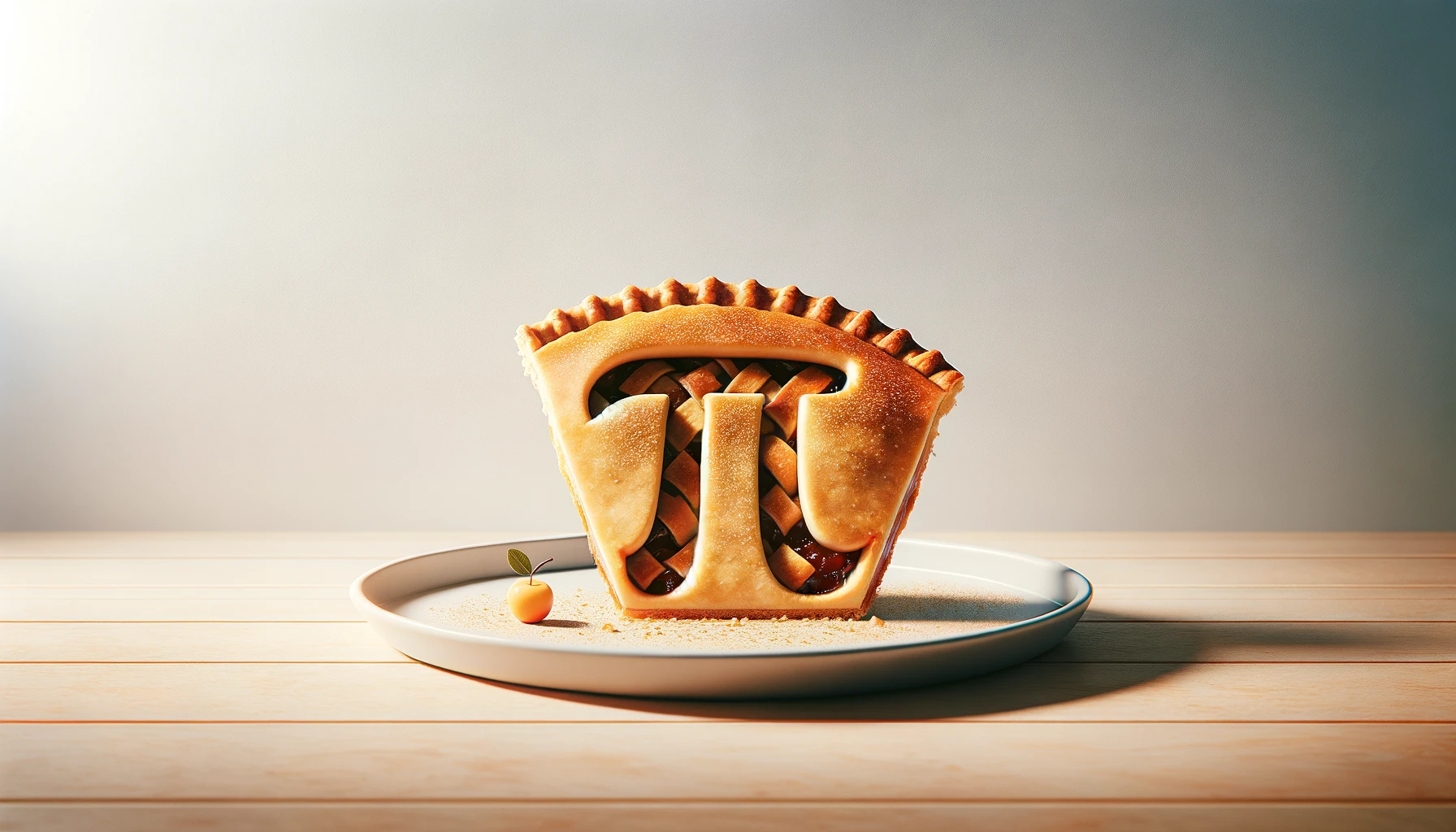A Note on the Final Digit of
Thursday May 23, 2024


I recently saw someone wearing a t-shirt that said, “My password is the last 8 digits of $\pi$.” The joke, of course, lies in the fact that $\pi$ (pi) is an irrational number, meaning its decimal expansion goes on forever without repeating. Consequently, there are no “last” digits to know. However, a fascinating twist exists when considering $\pi$ in binary form.
Theorem. The final digit of $\pi$ in binary is 1.
Proof. To understand why this is true, let’s consider the nature of binary representations. In binary (base-2), every number is represented as a sequence of 0s and 1s.
Now, consider $\pi$ in its binary form. If we suppose the last digit is 0, we encounter a logical inconsistency. If there were a final 0, it could be removed, as trailing zeros in binary (or any number base) do not affect the value of the number. This removal would imply that the number is not infinite, contradicting the fact that $\pi$ is irrational and has an endless, non-repeating sequence of digits.
Therefore, the only consistent option is that the final digit in the binary representation of $\pi$ must be 1. This ensures that $\pi$ retains its infinite nature.
This elegant and humorous observation underlines the intriguing properties of irrational numbers and their representations in different numeral systems.
The joke about the t-shirt cleverly plays on our understanding of infinity and irrational numbers. While it’s true that we cannot specify the “last” digits of $\pi$ in decimal form, the binary perspective offers a unique insight.
For those who love diving deeper into mathematics, exploring the properties of $\pi$ across different bases can be a delightful exercise. It enriches our appreciation of mathematical beauty and provides a fun way to engage with infinity and number theory concepts.